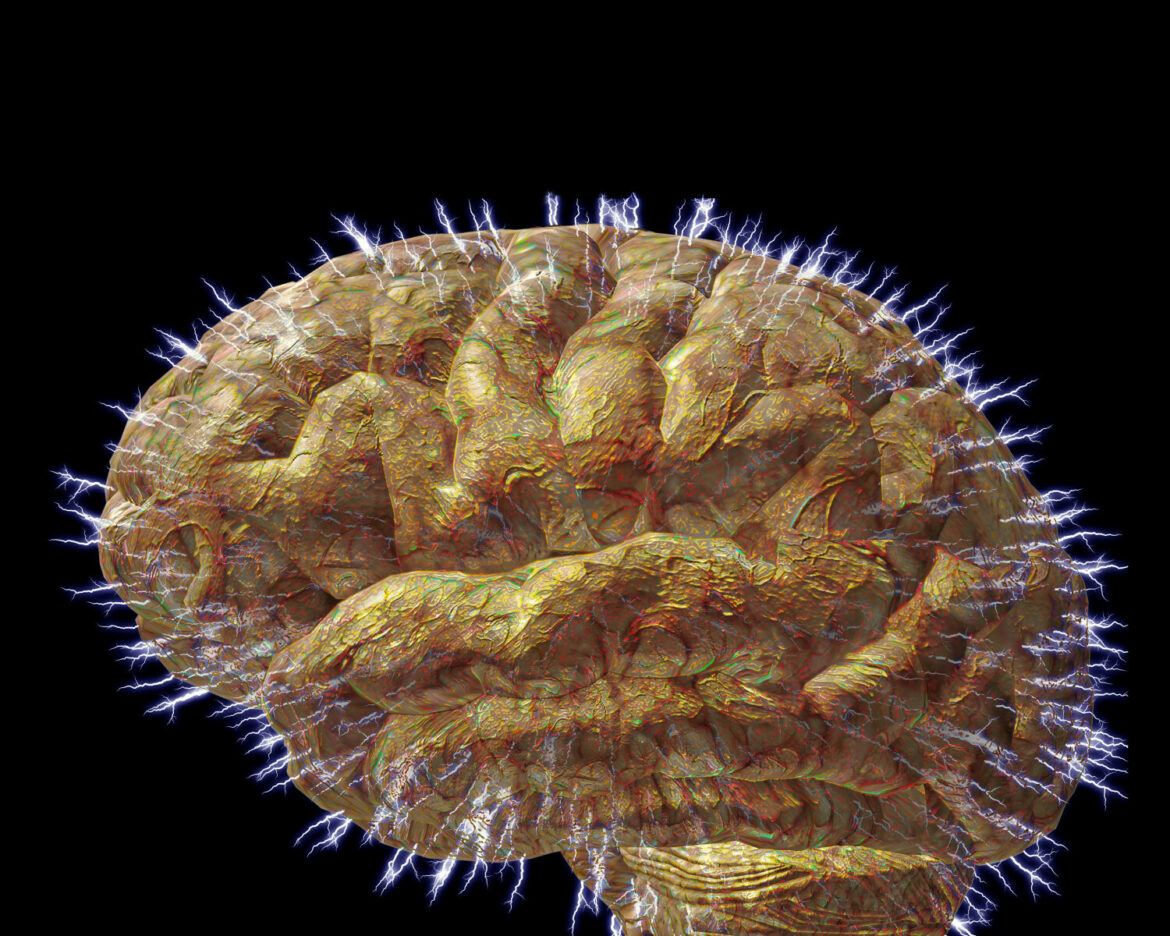Polish scientists from the BRAINCITY center of excellence located at the M. Nencki Institute of Experimental Biology of the Polish Academy of Sciences showed a long-term relationship between early gene expression disorders and deficits in social interactions.
Dr Matylda Roszkowska and Anna Krysiak, together with a team of researchers working under the supervision of Prof. Katarzyna Kalita at the Laboratory of Neurobiology at the Center for Research on Neural Plasticity and Brain Diseases BRAINCITY showed a new relationship between disorders in the process of reading the information contained in genes in early childhood and later deficits in social behavior in adulthood.
Dr Matylda Roszkowska explained that neurodevelopmental diseases belong to a complex group of deficits characterized by cognitive and social disorders. They include mental retardation, autism spectrum disorders, ADHD or schizophrenia. The reasons for their occurrence include abnormalities in the regulation of gene expression that occur during the development of the nervous system.
“Disturbances in transcription, i.e. the function of genes, and thus in protein synthesis, can cause changes in the number, structure and operation of connections between nerve cells – synapses, and thus affect one of the most important properties of the brain – plasticity” – adds Dr Roszkowska.
The researchers from BRAINCITY used genetically modified animals lacking one of the key proteins regulating the activity of genes in the brain, the transcription factor protein SRF (Serum Response Factor), to investigate the relationship between changes in gene expression in the early stages of neuronal development and later disorders in behavior in adults.
Rodent studies have shown that lowering the level of SRF protein impairs social behavior in males and females. Animals exhibited symptoms of social phobia and avoided interaction with other individuals in the cage.
Adrian Andrzejewski





